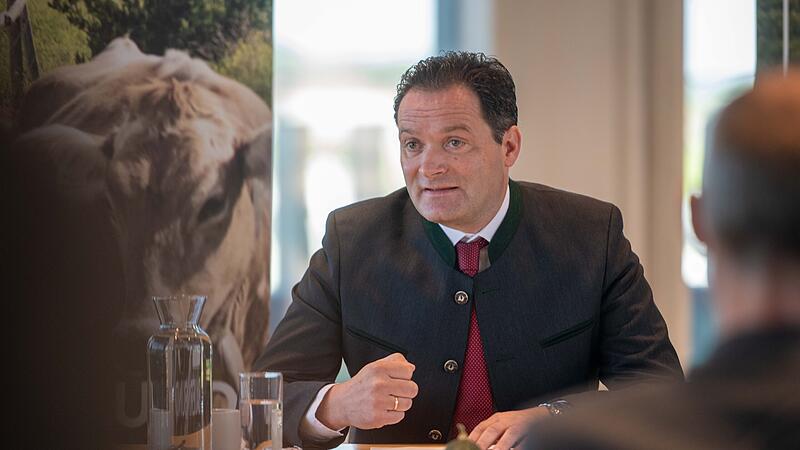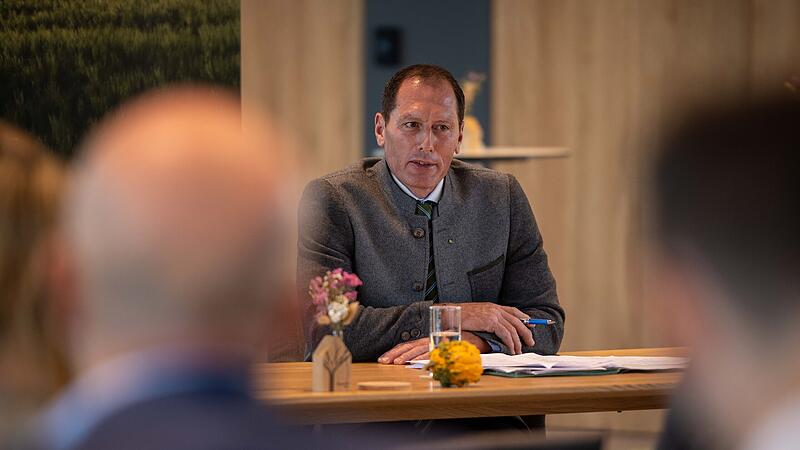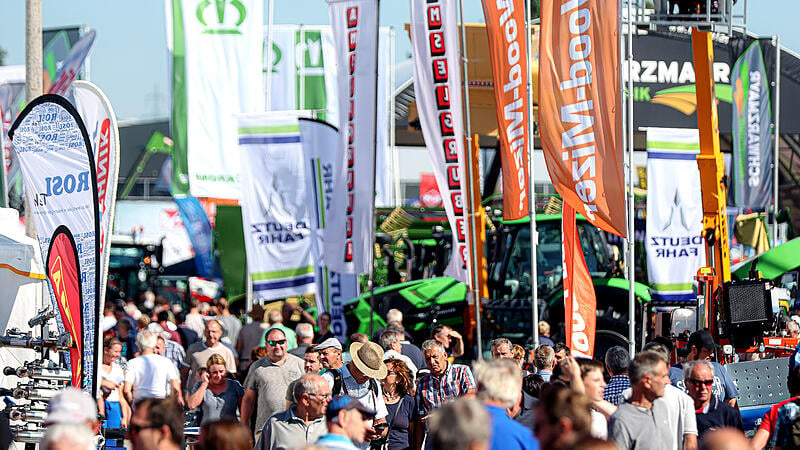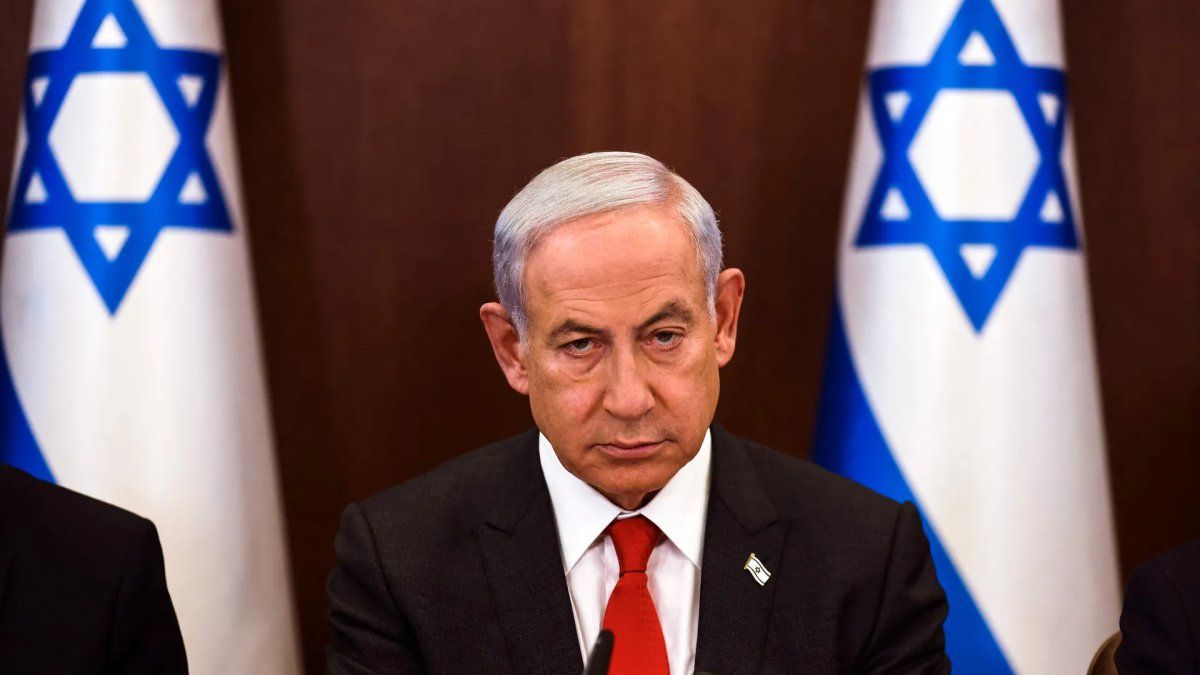Image: VOLKER WEIHBOLD

Image: Rene Hemerka

Image: Rene Hemerka
Agriculture Minister Norbert Totschnig (VP), Chamber of Agriculture President Josef Moosbrugger and Farmers’ Association boss Georg Strasser appeared in the new Team 7 world in the Innviertel.
“Society should tell us what it wants,” said Moosbrugger. It is a headache for farmers that even higher standards of production and animal husbandry are required and demands are made, but these are not reflected on the retail shelves and in purchasing decisions. “We are committed to high standards, but then there is also a need for greater expansion of the AMA seal of quality and labeling of origin, for example in the catering industry,” said Moosbrugger.
The farmers are not to blame for the inflation, which can be seen this year in the fact that food prices for consumers are not falling as much as producer prices. At the European level, Moosbrugger sees a “politics full of contradictions”. The “Green Deal” needs to be adapted quickly. A regional food supply and restrictions on land use, crop protection and fertilizer do not go together. “NGOs believe they have to protect the world from the work of farmers,” said Moosbrugger. Farmers have lived sustainability and regionality for centuries. In the Green Deal, Totschnig demanded that farmers should not “get lost in the bureaucracy”. He also rejected the SP leader’s “Babler ideas” on wealth/inheritance taxes, saying these were concepts from the 1970s. “Farmers can’t take a bite out of farms.”
Strasser explained that the food market in the premium segment is currently stable or even rising slightly, and cheap products are growing strongly. “The area in between is under pressure. That is a challenge.”

Image: Rene Hemerka
Totschnig announced the “Vision 2028+” strategy until next spring. This should become a “development path for farming families”. It is about framework conditions for agriculture so that “work pays off”, which should be developed with farming families, all parliamentary parties, science, social partners and industry representatives.
Genetic engineering and science
The ministry and the chamber do not entirely agree on the topic of new genetic engineering. When asked about this, Totschnig said that they were against the EU Commission’s proposal because Austria had to remain GMO-free and freedom of choice and because of patents. Moosbrugger: “Austria should remain GMO-free. Science should answer what genetic engineering is, not politics.”

Image: Rene Hemerka
more from economics




